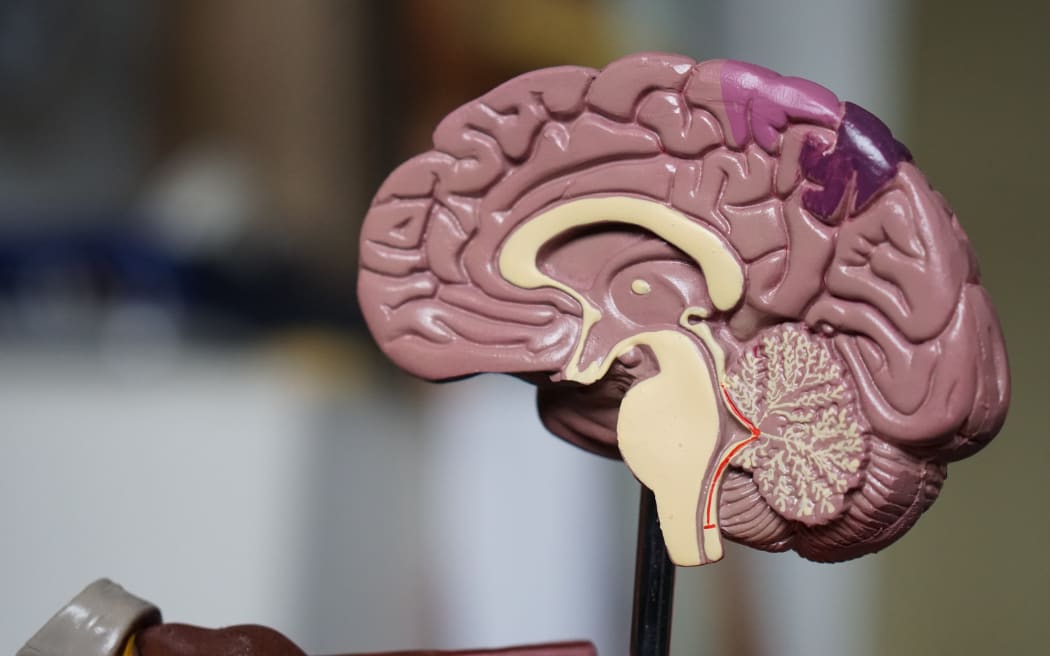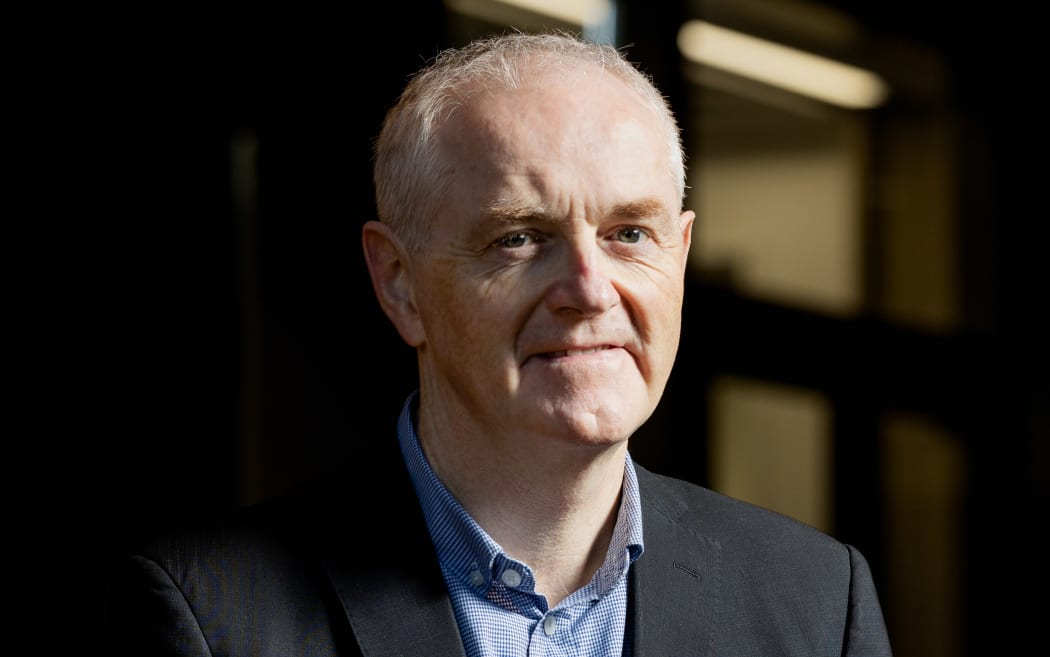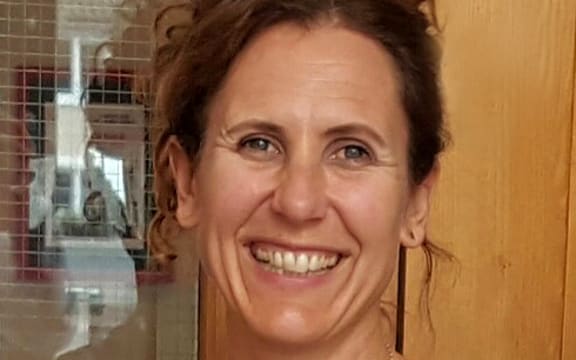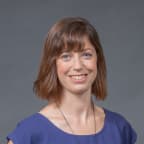Our genes control part of our makeup. And we know that variations in different genes can impact whether we are more susceptible to get certain diseases – cancer say, or dementia. This can include multiple different genes and can be tricky to untangle.
But for some people cause and effect are more of a straight line. For neurogenetic conditions, a variation in just one gene results in neurological symptoms – affecting the brain, nervous system or muscles.

Photo: Robina Weermeijer / Unsplash
Follow Our Changing World on Apple Podcasts, Spotify, Stitcher, iHeartRADIO, Google Podcasts, RadioPublic or wherever you listen to your podcasts
Neurogenetic conditions are the focus of Associate Professor Richard Roxburgh’s research at the Neurogenetics Research Clinic at the University of Auckland. Also a practicing neurologist at Auckland hospital, he has seen hundreds of patients that suffer from these diseases.

Associate Professor Richard Roxburgh Photo: Supplied
Being able to give a diagnosis can be a big help for patients, he says. Because these are genetic based and passed down from generation to generation, patients will often have witnessed other family members experience the same symptoms and disease progression.
‘Neurogenetic conditions’ is an umbrella term covering conditions like Huntington’s disease, different muscular dystrophies, Friedreich’s ataxia, spinal muscular atrophy – the list is long. They are rare conditions, each with their own underlying genetic cause and range of symptoms and severity.
Their rarity makes them difficult to study, and to develop effective therapies for. Which is why, Miriam Rodrigues, acting on the request of patients, set up a New Zealand Neurogenetic Registry. Now called Pūnaha Io, the registry, and associated biobank, covers around 70 different conditions, with approximately 1300 registered patients out of an estimated 4000 in the country.

Miriam Rodrigues. Photo: Supplied
It was this registry, and associated research, that attracted the attention of a US based company Dyne Therapeutics. Dyne were scouting for suitable locations for a phase 1 clinical trial into their therapy aimed at helping those with a condition called myotonic dystrophy.
Two New Zealand patients were the first people in the world to take part in this trial in September 2022.
Listen to the episode to learn more about neurogenetic conditions, the registry and biobank, and about the details of the clinical trial currently taking place in Auckland.
Pūnaha Io – the New Zealand Neurogenetic Registry & Biobank is supported by The Stern Foundation and The Duncan Trust.
The phase I clinical trial discussed in this episode is sponsored by Dyne Therapeutics and run in collaboration with the University of Auckland, Auckland Hospital and NZ Clinical Research.
To learn more:
-
Learn how DNA and RNA are related in the explainer episode A new way to make vaccines.
-
Hear about one New Zealand family’s experience with a genetic form of frontotemporal dementia, and how they are involved in research to try help others.
-
For a perspective of those with these kinds of conditions in their family histories, listen to Lillian Hanley, and watch her short documentary Fifty Percent in which she grapples with the decision of whether to test for the incurable, neurodegenerative Huntington’s disease.


